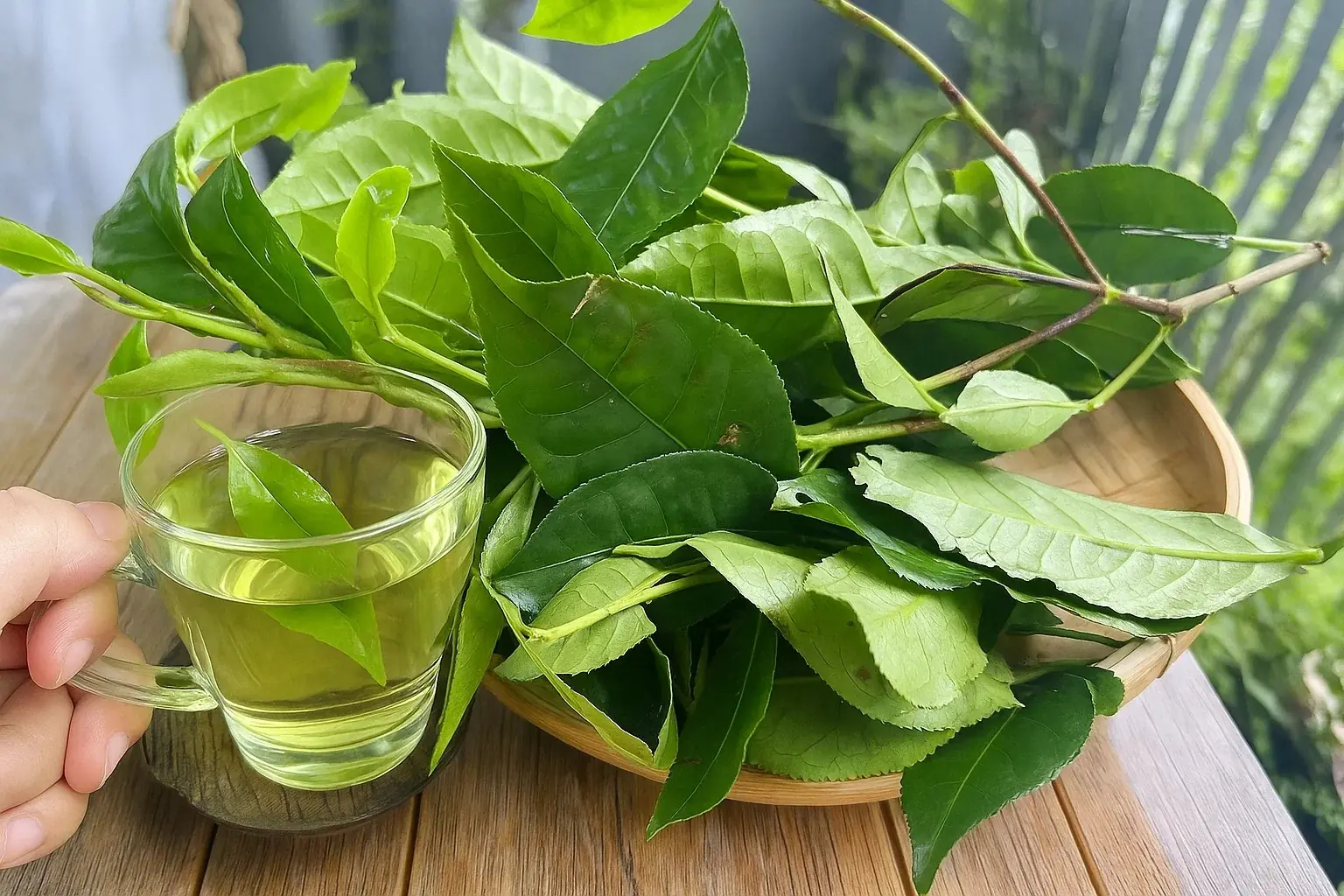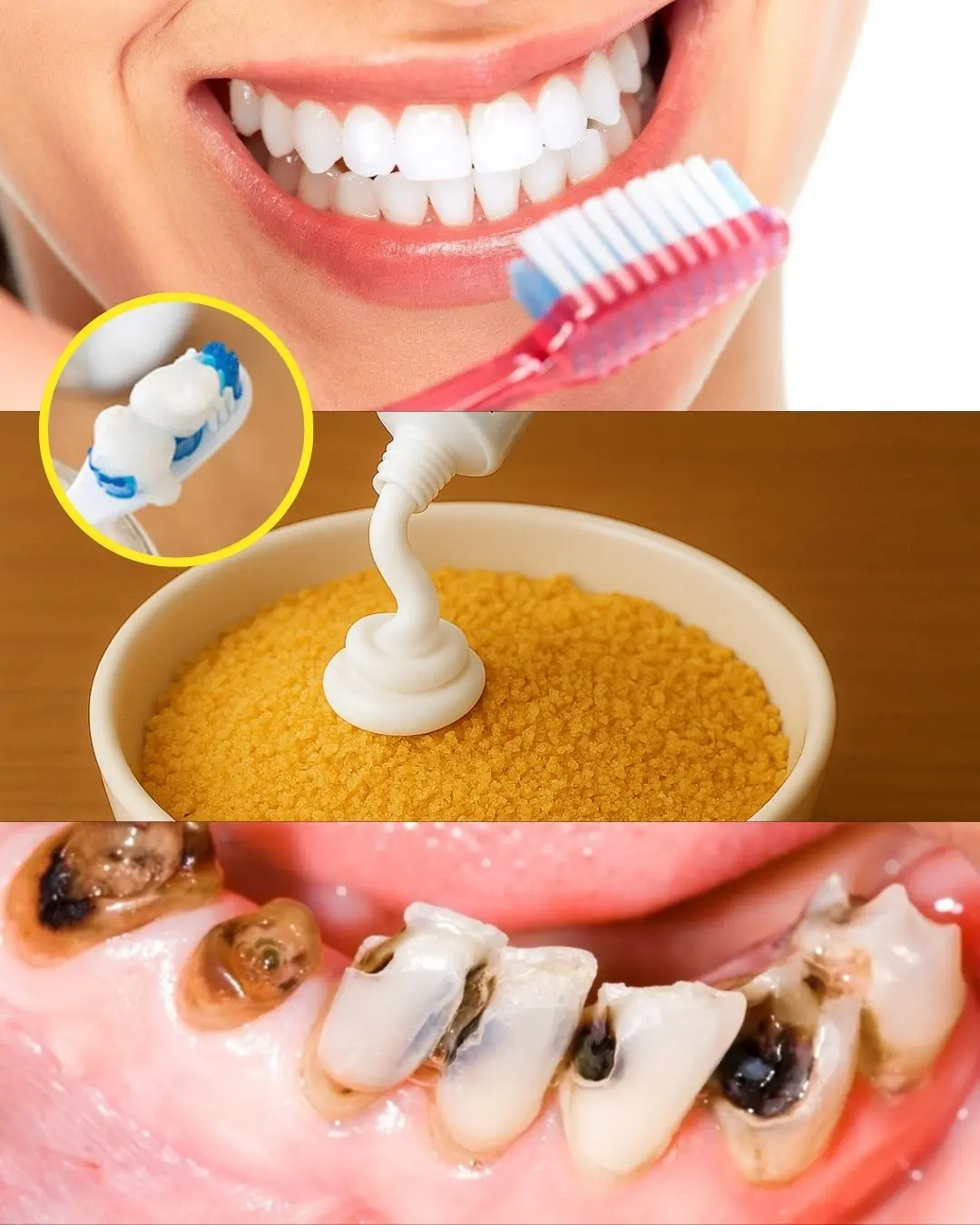Could two of the world’s most common beverages help guard against some of today’s deadliest diseases? New research suggests that tea and coffee—drinks enjoyed daily by millions—may lower the risk of stroke, cancer, and other chronic conditions, ma
For centuries, both tea and coffee have been deeply woven into cultural and social life. In Vietnam and many other countries, green tea is a daily companion for older generations, while coffee fuels the energy of younger adults, especially office workers who rely on it to stay sharp during long workdays.
What’s striking is not just their popularity, but their potential to safeguard health. Studies have found that regular consumption of tea or coffee may reduce the likelihood of developing stroke and certain cancers—two conditions that remain leading causes of illness and death worldwide. Once thought of primarily as diseases of older adults, these health problems are now affecting younger populations at alarming rates.

Affordable Health Boosters
Unlike costly supplements or specialized treatments, tea and coffee are inexpensive and widely available. In Vietnam, a cup of freshly brewed coffee ranges from 10,000 to 40,000 VND, while green tea can cost as little as 2,000 to 5,000 VND per cup, depending on the quality and location. For just a few thousand đồng, people are getting more than a refreshing beverage—they’re also gaining a drink rich in compounds that could help protect long-term health.
The Science Behind Their Benefits
- Rich in Antioxidants
Both drinks are packed with antioxidants, powerful molecules that protect cells from damage caused by free radicals. Coffee is the single largest source of antioxidants in the Western diet, while green tea is known globally for its polyphenol content. By neutralizing free radicals, these compounds help reduce oxidative stress—a key contributor to chronic disease.
- Lower Stroke Risk
Stroke occurs when blood supply to the brain is blocked or a vessel bursts. Tea contains substances that help prevent blood clot formation, one of the main stroke triggers. Meanwhile, research indicates that coffee drinkers have a 20% lower chance of stroke compared to non-drinkers. Together, these findings highlight how small daily habits can make a measurable difference in cardiovascular health.
- Cancer Prevention Potential
Coffee has been linked to lower risks of liver cancer and colorectal cancer. Studies suggest that drinking coffee regularly may reduce liver cancer risk by up to 40% and lower the risk of colorectal cancer by about 15%. Green tea also shines here—its polyphenols have been shown to suppress the growth of abnormal cells, reducing the chance of multiple cancer types developing.
- Supports Weight Management
Green tea is especially praised for its metabolism-boosting effects. Drinking three cups a day can help the body burn roughly 80 additional calories. Coffee can raise metabolic rate by as much as 11%, making it a natural aid for fat-burning when combined with regular exercise.
- Improved Focus and Mental Clarity
For anyone struggling to stay focused, coffee’s caffeine provides a quick energy surge by blocking adenosine, a neurotransmitter that promotes drowsiness. This allows dopamine and norepinephrine to work more efficiently, sharpening concentration. Tea provides a gentler lift: its caffeine is balanced by L-theanine, which creates a calm yet alert state of mind—perfect for productivity without jitters.
A Word of Caution
While tea and coffee bring undeniable health benefits, moderation is essential. Experts recommend the following:
- If you’re prone to anxiety: Too much caffeine may heighten restlessness. Coffee typically has three times more caffeine than tea.
- If you are pregnant: Limit coffee to no more than one cup per day.
- If you have heart rhythm irregularities: High caffeine intake may cause palpitations.
- If consumed on an empty stomach: The tannins in tea and coffee can trigger nausea.
The Bottom Line
Affordable, accessible, and widely loved, tea and coffee are more than comforting beverages—they are functional drinks that carry significant health-promoting properties. From reducing stroke risk to offering cancer-fighting compounds, their benefits go far beyond the cup. Still, mindful consumption is key: enjoy them daily, but in balance, as part of a healthy lifestyle rich in nutritious foods and regular physical activity.





































